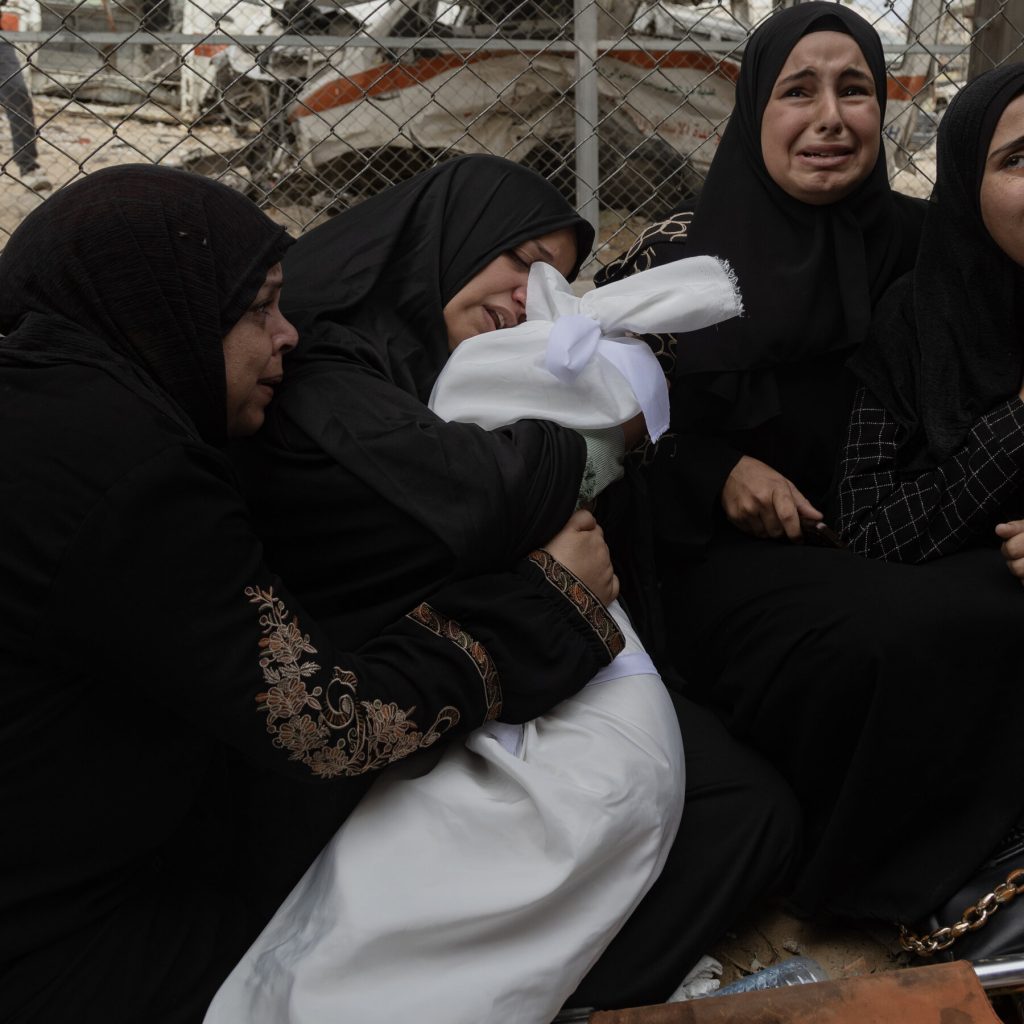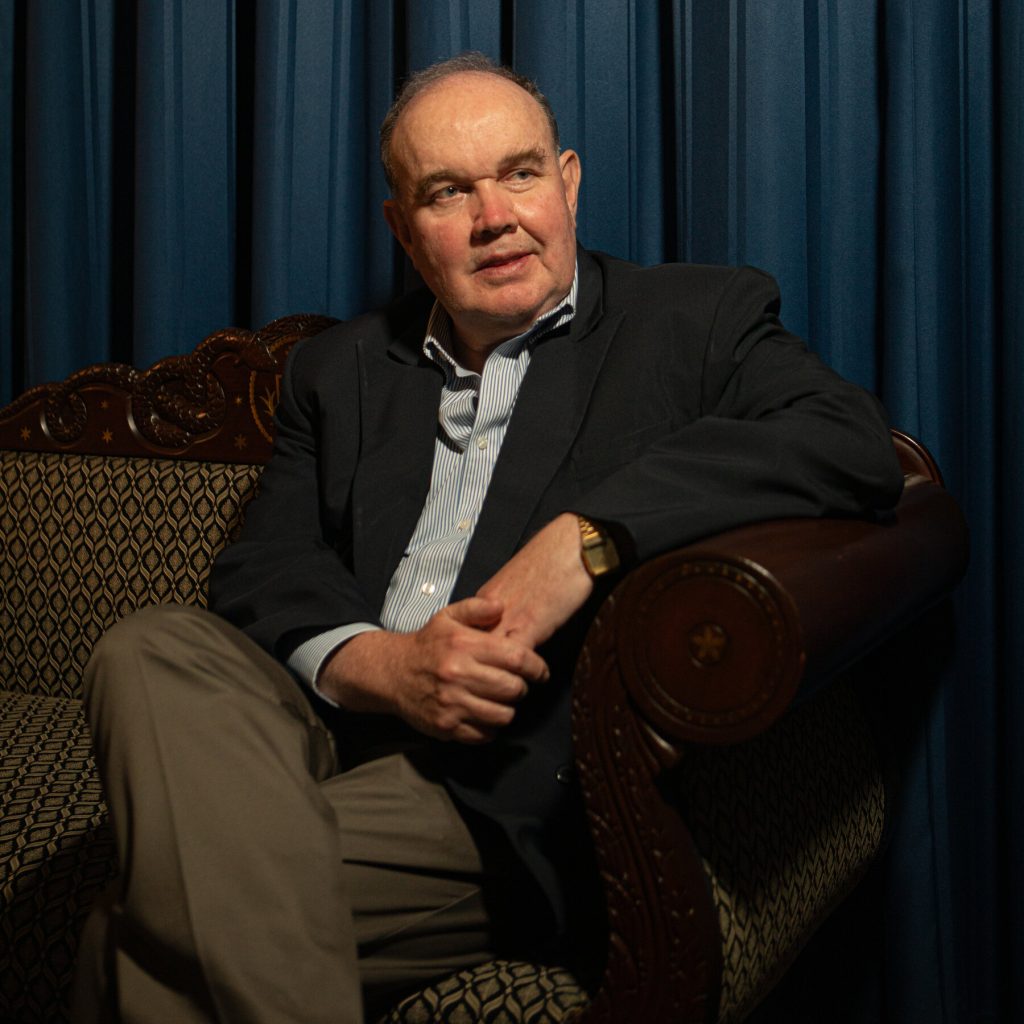From Kleptocrat to National Hero: Indonesia’s Controversial Honor for Suharto
President’s Decision Sparks Outrage and Debate
In a move that has stunned both domestic observers and the international community, President Joko Widodo awarded the nation’s highest civilian decoration to former leader General Suharto, who died in 2008. The award, traditionally reserved for individuals who have rendered “extraordinary service to the Republic,” has ignited a fierce debate over historical memory, accountability, and the politics of commemoration.
Why the Award Is Seen as Revisionist
Suharto’s 31‑year rule (1967‑1998) is widely remembered for massive corruption, human‑rights abuses, and the violent suppression of dissent, including the 1965‑66 anti‑communist purges that claimed an estimated 500,000 lives. Critics argue that bestowing a national honor on a figure associated with such atrocities amounts to a stark revision of Indonesia’s recent past.
Supporters Cite Economic Growth and Stability
Proponents of the decision point to the “New Order” era’s rapid economic development, infrastructure expansion, and the relative political stability that, in their view, laid the groundwork for Indonesia’s emergence as a regional power. They argue that recognizing Suharto does not erase his crimes but acknowledges the complex legacy he left behind.
Reactions from Victims’ Groups and International Observers
Human‑rights organizations, survivor groups, and several foreign governments have condemned the honor as an affront to the memory of the victims. Amnesty International issued a statement calling the award “a painful reminder of impunity,” while the United Nations urged Indonesia to “continue its pursuit of truth, justice, and reconciliation.”
Political Implications Ahead of the 2025 Elections
Political analysts suggest that the timing of the award may be linked to President Widodo’s upcoming re‑election campaign, aiming to rally conservative voters who view Suharto’s era with nostalgia. The move could reshape electoral dynamics, forcing opposition parties to navigate the delicate balance between condemning past abuses and appealing to segments of the electorate that still hold a favorable view of the former president.
What Comes Next?
The controversy is likely to fuel renewed calls for a comprehensive historical review, including the possible establishment of a truth‑and‑reconciliation commission. As the nation grapples with this polarizing decision, Indonesia’s struggle to reconcile its past with its aspirations for the future remains at the forefront of public discourse.






